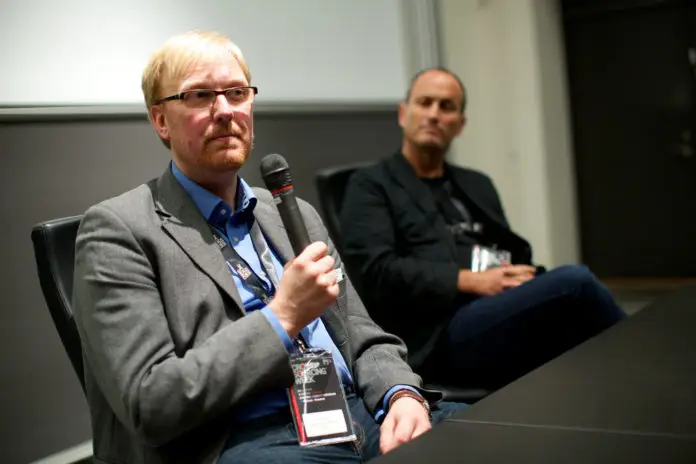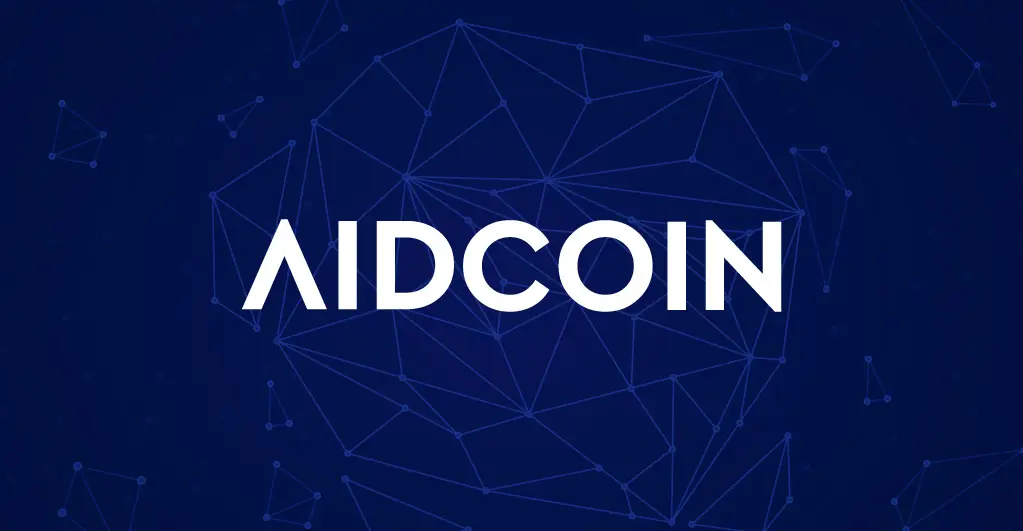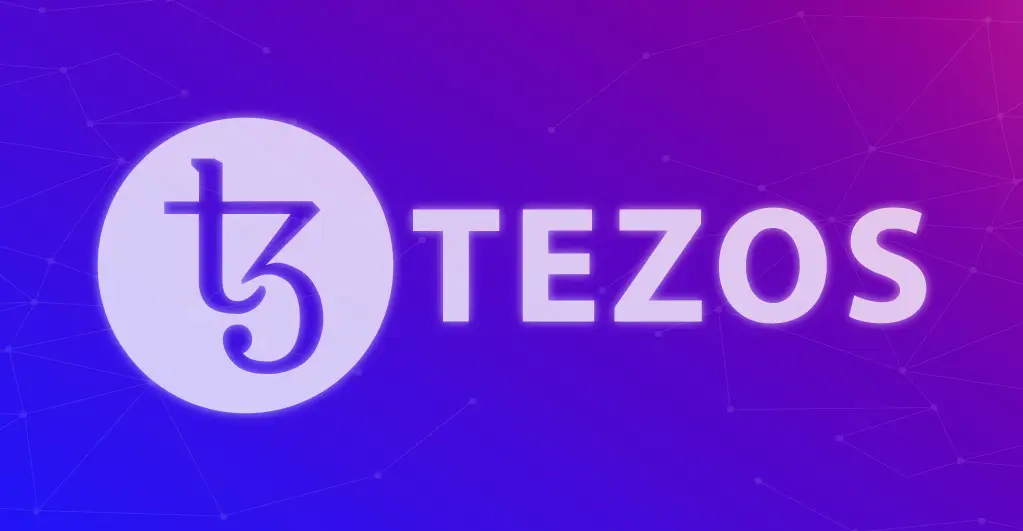
A few weeks back CI had enclosed the draft lawmaking for pan-European crowdfunding instructions from the European Parliament. During that time the ICO had become the part of the likely legislation. Crowdfunding being a part of the European Union Fintech Action plan that straightaway gets to the line with the Capital Markets Union (CMU) which as the heart of the Union.
The EU has stated in the past that:
“A lack of a common EU funding outline also delays the capability of crowdfunding suppliers to scale-up within the Single Market mostly because of contradictory methods to nationwide management and instruction.”
In many ways, making a simple law for every investment the practice of finding the project is essential to what the EU is trying to achieve. But the much optimistic discussion has come about to minimal action in Brussels as the mechanisms of policy move gradually at the Directive.
As a part of the European Parliament suggestion, the European large crowdfunding cap will set at €8 million the present verge where a list is needed. The advice from the European Instruction currently outlooks at €1 million.
According to the Parliament proposal, numerous separate European countries, like Germany, have till now shifted to allow issuers using online investment platforms to increase for about 9 million. Keeping this cap for every person states will “make the European platform good-looking for cross-border business backing. CI recently reached out to Oliver Gajda, the Executive Director of ECN.
CI questioned Gajda if the Assembly of European form has been well established. He said yes, the suggestion has been well conventional but there are nearly many problems that are open for understanding and the industry would prefer to see certain sections better distinct or reshaped.
“He said it is believed that with the Parliament proposal and the EC proposal there is a respectable basis for an applicable harmonization of crowdfunding throughout Europe.” Gajda further elucidated that even though it was an all-party group at the Novelty meeting, not all representatives were available.
As per Gajda, they are at present expected to see more general methods grow for ICOs in Europe. The EU may assume an influence valuation of the market before moving to a suggestion on ICO regulation. There seems to be the intelligence of willpower to develop the pan-European crowdfunding system with lawmaking that offers a consistent method along with a higher backing cap. The pieces of information, such as ICOs, are still very much up for discussion and debate. “Full coordination, regrettably, is likely not realizable in this short time frame and by the nationwide crowdfunding laws by now so dissimilar,” says Gajda.


